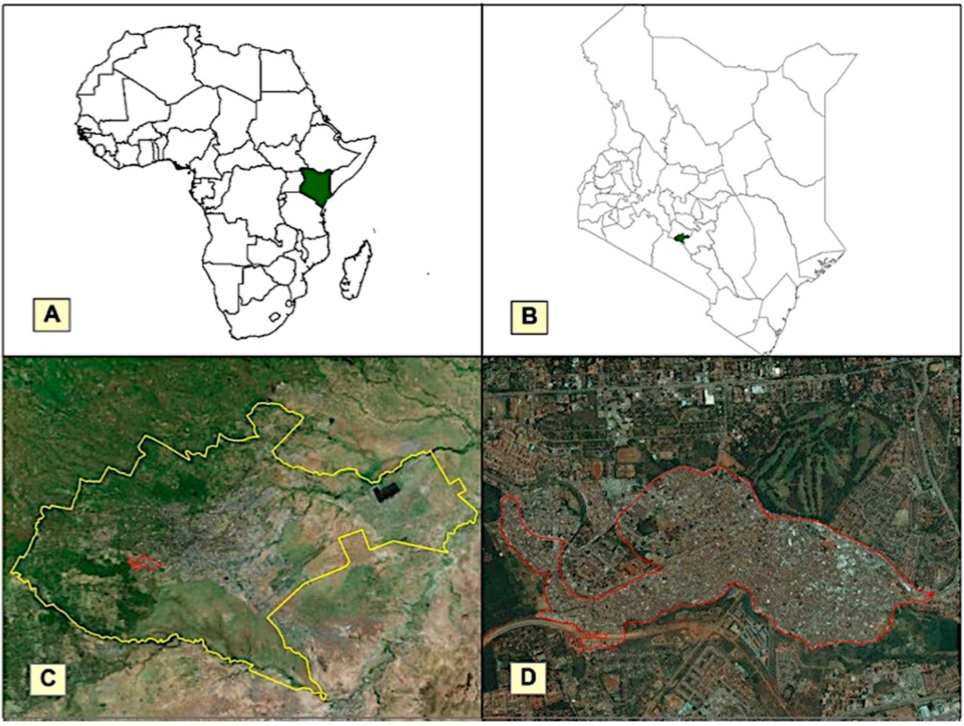Health. Income. Security. A Voice. Let's make sure everyone has them.
Why It Matters
Large-scale societal modeling is only a tool - we seek to ensure it's used for good. Our methods and applications are nearly entirely derived in the context of improving human livelihoods - especially in face of climate change.

Health
The impact of clinics on health using large geospatial datasets. Mining twitter to understand how discourse about Zika is related to the disease. Using twitter to learn lessons about how disease spreads. We're exploring new ways to use societal modeling to better understand the spread and effective strategies to inhibit disease.

Situational Awareness for Disasters and Security
Situational awareness is critical for decisionmakers seeking to rapidly respond to disasters, respond to international crises, or reduce the likelihood of conflict by known actors. We commit significant resources into not only data collection, but also automated data analyses so that the most relevant information can be presented to decisionmakers in a timely fashion.

Inequality
Inequality is a growing issue around the globe, and takes many forms. We focus on (1) identifying new techniques to identify instances of income inequality, and (2) producing open data so that a broader range of actors can participate in quantitative discussions about inequities. We are currently conducting research on income and environmental inequities, and collecting new global datasets of gender and racial disparities.

Global Urbanization
One of the most dominant drivers of human wellbeing - good and bad - has been the massive urbanization of human populations across the globe. With over 50% of humans living in highly dense urban environments, a shift that has only occured in the last decades, we are now faced with unprecedented challenges related to supply chains, the environment, and disease. We leverage social media and satellite imagery to better understand physical urban structures, where they exist, and the role they play in this new paradigm.

Counterfactual Machine Learning to Measure Climate Change Effectiveness
Every year, billions of dollars are allocated across thousands of geographic regions for environmental purposes. While not near the total we need to prevent climate change impacts, these interventions are critical in our attempts to mitigate. There is relatively little knowledge about the best ways to assess effectiveness across the enormous geographic and temporal scopes this funding is allocated to. Working across disciplines, we have pioneered and applied new machine learning techniques to rapidly assess changes in satellite-derived forest cover on a global scale, facilitating an understanding of carbon sequestration impacts. Recent research has begun to explore secondary co-benefits of environmental projects, including impacts on income.

Climate Mitigation & Deep Learning
Recent research has begun to explore the capability of deep learning to sense a range of attributes relevant to climate change - including, for example, socioeconomic vulnerability, forest fragmentation, or biomass loss. In this pillar of activity, we are exploring the potential of Deep Learning - and associated techniques - for measurement purposes.